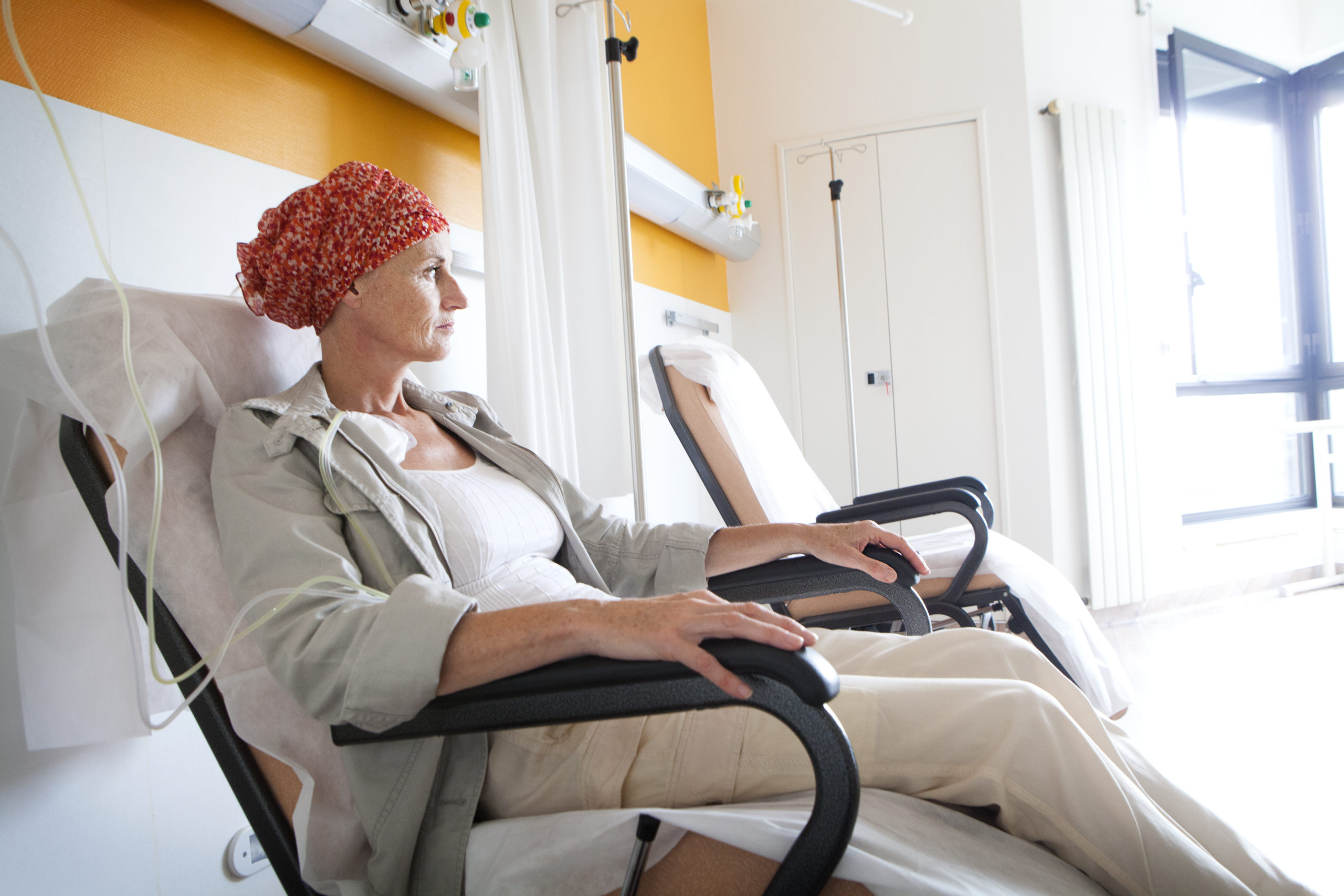How well you respond to cancer treatments may hinge on your gut health. Research reveals a link between the gut microbiome and how the body responds to immunotherapy for cancer. The study, which focused on melanoma and used the largest number of patients to date, confirms that link in responses to immunotherapy for the cancer.
The research is part of a joint effort of King’s College London, the University of Trento, the European Institute of Oncology, Italy, and the University of Groningen in the Netherlands.
“Preliminary studies on a limited number of patients have suggested that the gut microbiome, as an immune system regulator, plays a role in the response of each patient to cancer immunotherapy, and particularly in the case of melanoma. This new study could have a major impact on oncology and medicine in general,” says Dr. Karla Lee, a research scientist at King’s College London, in a statement.
The microbiome refers to the microorganisms that live in the intestines. They can be affected by dietary changes, probiotics, and fecal transplantation. Fewer than 50% of patients with melanoma respond favorably to immunotherapy. That makes it imperative to find alternative strategies to increase the success of immunotherapy on melanoma.
Changes in the microbiome influence its action on the immune system. Better understanding of its features may make it possible for clinicians to alter a patient’s individual microbiome before starting immunotherapy.
The study was done in the largest cohort to date of patients with melanoma from the involved institutions. Samples of their gut microbiomes were collected, then analyzed for an association between the composition and function of the gut microbiome and how a patient responds to immunotherapy.
Results confirmed a complex association between different bacterial species in different patient groups. Three types of bacteria in the gut (Bifidobacterium pseudocatenulatum, Roseburia spp. and Akkermansia muciniphila) were associated with a better immune response. The study also revealed that the microbiome itself is influenced by patient constitution, use of proton pump inhibitors, and diet. These effects should be analyzed in future studies.
“This study shows the chances of survival based on healthy microbes nearly doubled between subgroups. The ultimate goal is to identify which specific features of the microbiome are directly influencing the clinical benefits of immunotherapy,” says Tim Spector, a professor from the School of Life Course & Population Sciences at KCL.
That could pave the way for personalized approaches to cancer immunotherapy. “Meantime, this study highlights the potential impact of good diet and gut health on chances of survival in patients undergoing immunotherapy,” Spector continues.
“Our study shows that studying the microbiome is important to improve and personalize immunotherapy treatments for melanoma,” adds co-author Nicola Segata, a professor from the University of Trento. It also suggests that, because of the individual variability of the gut microbiome, even larger studies are needed to understand the specific gut microbial compositions that are more likely to support a favorable response to immunotherapy.
The study was funded by the Seerave Foundation. It’s published in the journal Nature Medicine.
